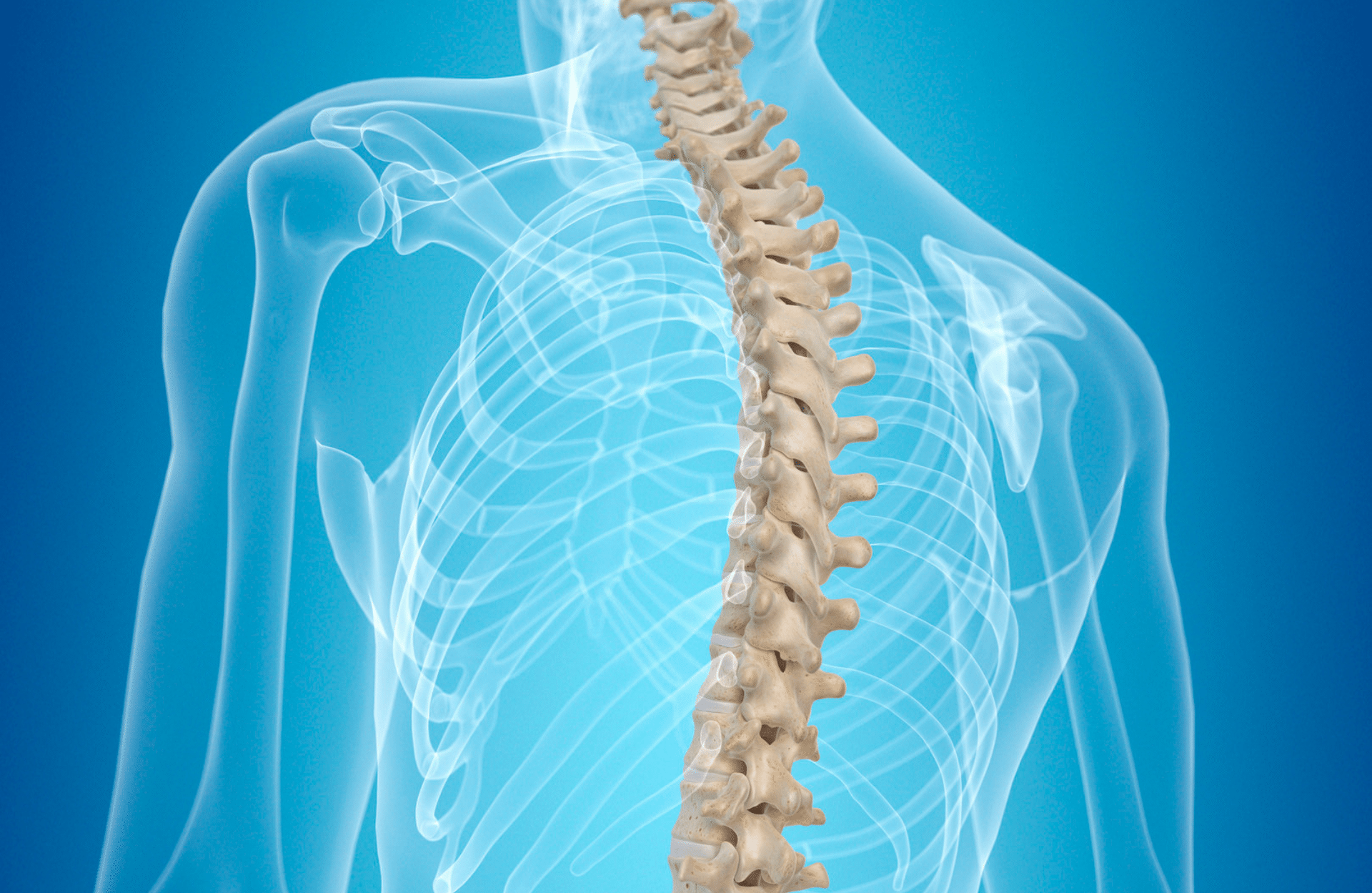Spinal surgery allows doctors to decompress, move and fix vertebral structures and even replace them if that is what is necessary for the patient.
Back pain can be a common reason why people consult their doctor, and in many cases physical therapy and anti-inflammatory medications will give the patient relief. However, there are some spine conditions that will require surgery. There are many different types of spine surgeries and they will treat different injuries or conditions.
Conditions that could lead to a patient needing spinal surgery
Two common conditions that could lead to a patient needing spinal surgery are:
Spinal injuries – An injury to your spine could involve dislocating or fracturing it and this can put pressure on your spinal cord or nerves.
Spinal injuries could be caused by many incidents including a fall, a motor accident, a sports injury, infections, birth injuries and violence.
The most common symptoms that can occur due to spinal injuries are:
- Muscle weakness
- Breathing problems
- A loss of feeling in the chest, arms or legs
- A loss of bowel and bladder function
Spinal tumours – spinal tumours could resort to the patient needing surgery. Abnormal growths and tumours can form along the spine, and if the tumour grows then this could compress your spinal cord and nerve roots, causing you pain.
Spinal surgeries
There are many different types of spinal surgeries that patients can undergo but the most common spinal surgeries for back pain are:
Spinal fusion – this involves fusing together two or more vertebrae in order to create a single immobile unit.
Microdiscectomy – a microdiscectomy will involve removing a herniated disc through a small incision along with a portion of the bone covering the spinal canal.
Laminectomy – a laminectomy will involve widening the spinal column by removing the backside of the spinal canal as well as any spurs that could have formed. This surgery is performed if there has been narrowing of the spinal column which is causing the patient back pain.
Results of spinal surgery
The results of spinal surgery will depend on the patient and it can vary due to your symptoms, condition or injury. In some cases, spinal surgery will not guarantee to relieve the patient’s symptoms and the aim of the surgery will be to stop the symptoms from getting worse rather than making them better.
In some cases, there will be a reduction in symptoms but it is important to remember that this can take weeks or months to happen. It is important to remember that the extent of improvement will depend on the amount of damage that has occurred to the spinal nerves before the surgery takes place.
Often for patients, the results are more than just pain relief, other results can include:
- You are able to move around better
- You are more physically fit
- You may not need to take as much pain medicine
- You can become more productive
Risks of spinal surgery
Of course with any surgery there are risks, and this includes spinal surgery. There can be additional risks that each patient can have depending on the type of surgery or any pre-existing conditions that the patient has, it is important that your consultant goes through all of the risks with you before you have spinal surgery.
Some more common risks that could occur from spinal surgery are:
General anaesthetic – there is a slight risk with general anaesthetic, the risks are very low in fit and healthy people but may be more significant if you have pre-existing heart and chest problems.
Infection – there can be a risk of wound infections, if you do develop an infection then it is most likely that they will be resolved with antibiotics but if the infection is deeper then there may need to be further surgery to clear the infection.
Damage to your spinal cord or nerves – during spinal surgery, there is a chance that a nerve may be accidently damaged or there could be some bruising. In most cases, they will recover but in some rare cases, it could cause varying degrees of paralysis.
Bleeding – bleeding can occur from an injury to the blood vessels around the surgical site, this could mean that the patient will need a blood transfusion after the operation.
Common reasons for medical negligence relating to spinal surgery
Unfortunately, patients receiving spinal surgery can come across surgery negligence at various stages of their spinal surgery journey, this could be during the pre-operative checks, during the surgery or during the after care.
The most common reasons for medical negligence related to spinal surgeries are:
- Failure to diagnose and treat the spinal injury/ condition
- Negligent or unnecessary surgery
- Failure to adequately monitor the surgery
If you have experienced any type of medical negligence relating to your spinal surgery, then you can contact one of our medical negligence experts at Patient Claim Line, and they can guide you through your spinal surgery claims process.

